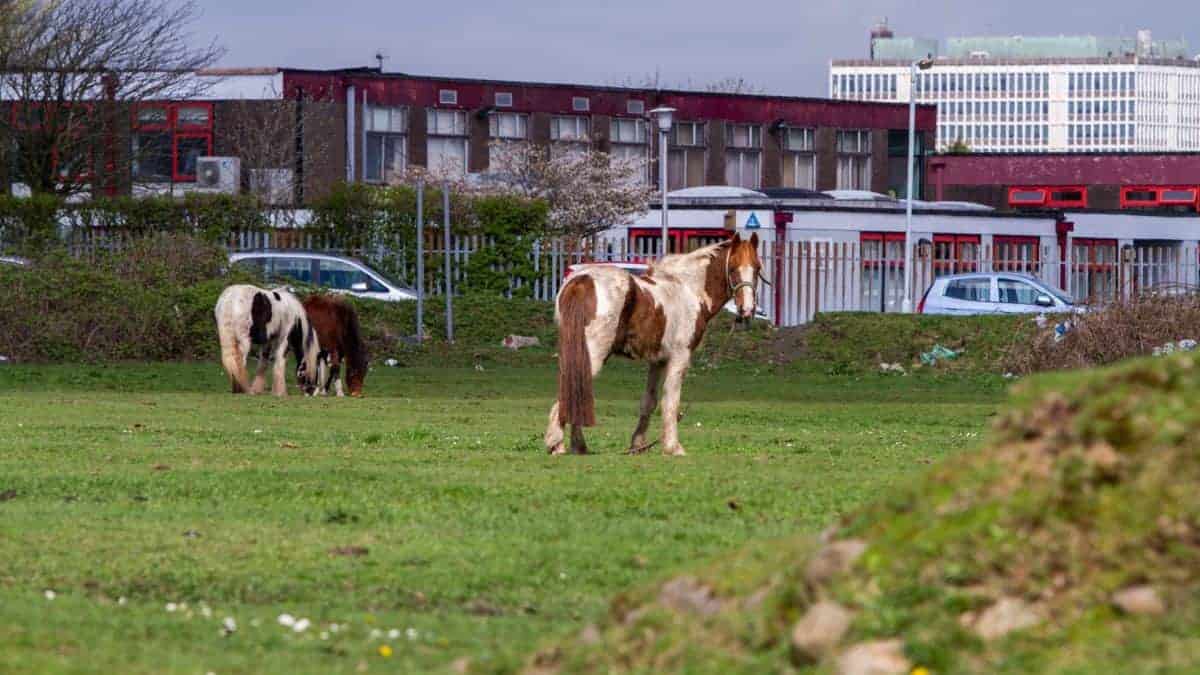Tougher fly-grazing laws passed in England

The Control of Horses Bill for England has been passed and will become law before the general election in seven weeks’ time.
Greater power
The new law aims to tackle the increasing incidents of fly-grazing, where horses are left on private and public land without permission.
As with the Control of Horses Act (Wales), which came into effect in January 2014, the bill gives English authorities greater powers to seize horses grazing illegally. They will now be able to take action after four days rather than a minimum of two weeks, as previously.
Two-year campaign
RSPCA assistant director of public affairs David Bowles said: “This law will make a big difference to horse welfare as landowners can more quickly deal with fly-grazing animals, instead of them having to leave them on unsuitable land without grazing, shelter or additional food, which is all too often the case.”
TheControl of Horses billwas first introduced by Julian Sturdy, MP for York Outer last July. It has been supported by a coalition of animal welfare charities and rural organisations, made up of the British Horse Society, Redwings Horse Sanctuary, RSPCA, World Horse Welfare, Blue Cross, CLA, Countryside Alliance, HorseWorld, Local Government Association and NFU.
Together, they have been campaigning for more than two years to tackle the problems of fly-grazing.
‘Bred indiscriminately’
Roly Owers World Horse Welfare saidthe law will make a real difference to the charities who been “struggling to help” the thousands of horses “bred indiscriminately” and then abandoned.
“It will also help landowners, farmers, communities and taxpayers as it will make action to remove horses much more swift, straightforward and less expensive to take,” he said.“The success of the Welsh legislation demonstrates that these laws will work if they are used – so do use them.”
Fight not over
While welcoming the new bill, Redwings chief executive Lynn Cutress said the fight against fly-grazing has yet to be won.
“Although required by law, the enforcement of compulsory passporting and microchipping of horses is lacking, as is a centralised database for storing and retrieving horse and owner information in order to bring fly-grazing perpetrators to account,” she said.






